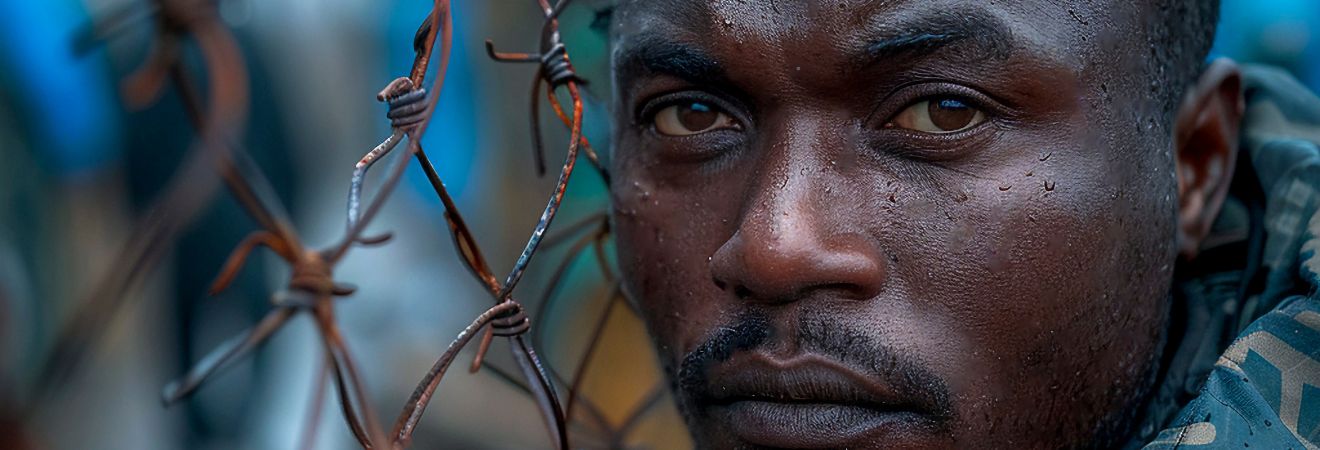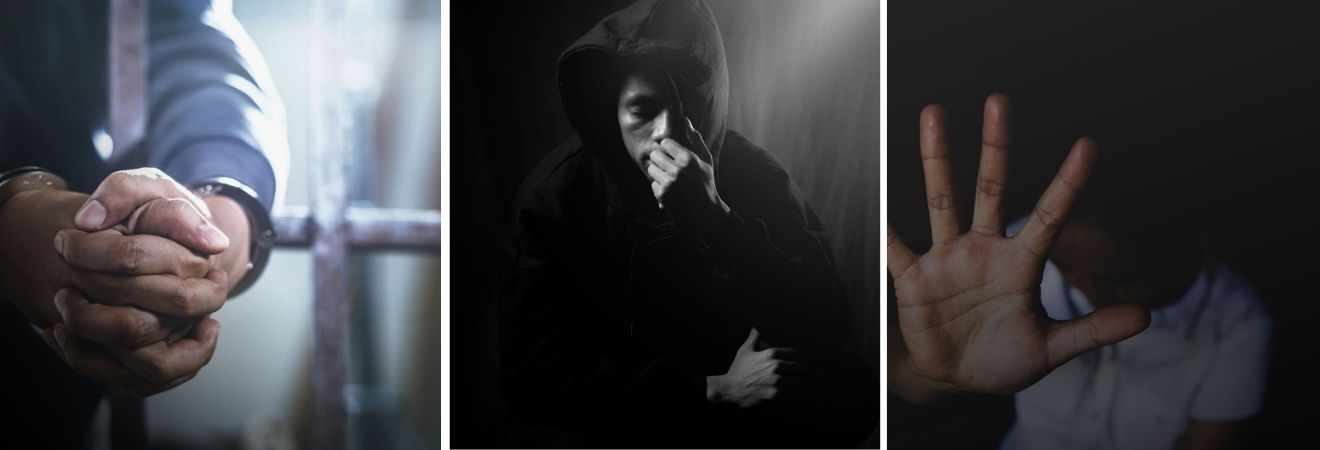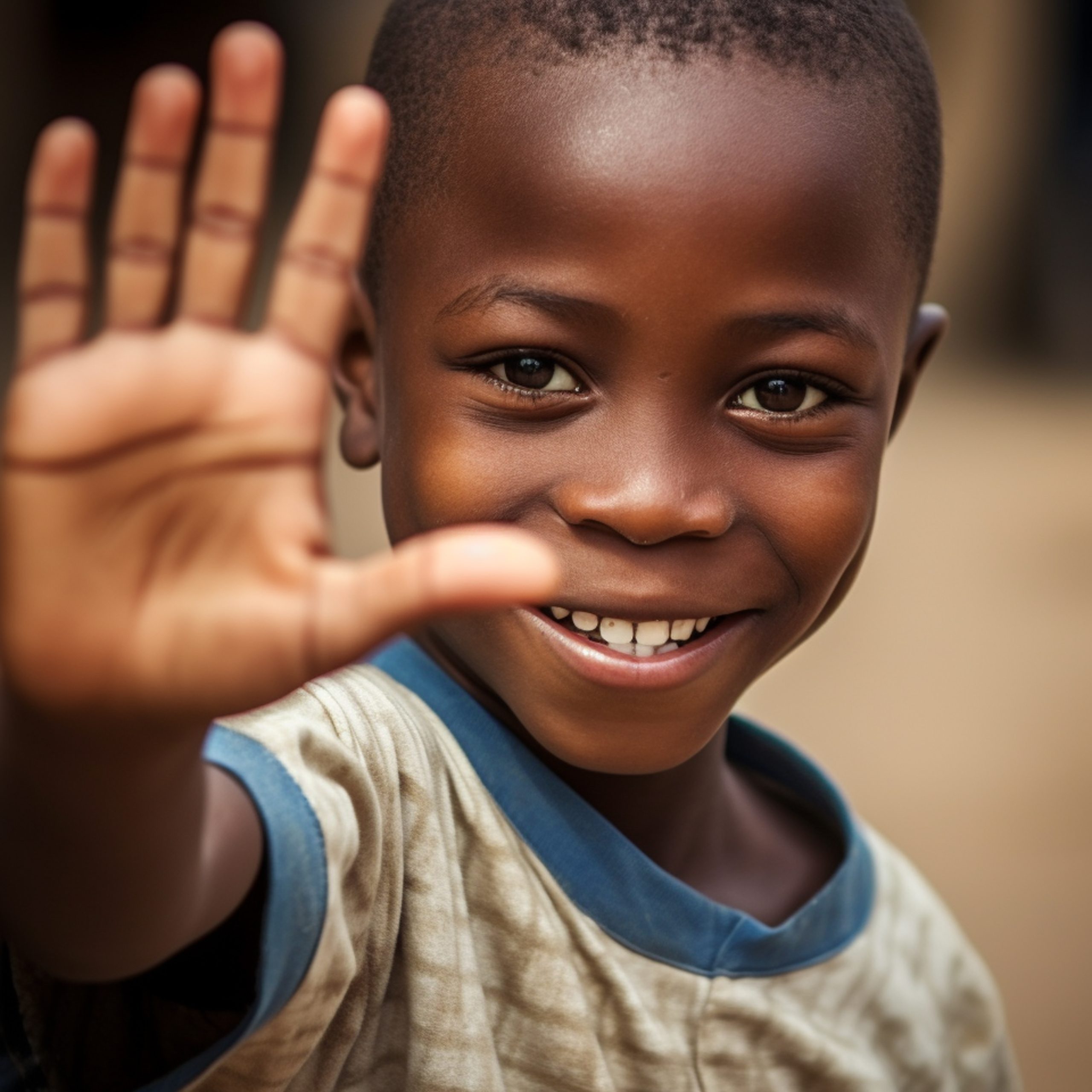BREAKING THE VIOLENCE CYCLE: NATIONAL SERVICE AS A PATH TO REGAIN DIGNITY FOR KULUNA IN KINSHASA
For nearly two decades, Kinshasa has been a battleground for increased criminality led by those commonly known as “Kulunas”, who trouble peaceful citizens by continually threatening, beating up, robbing, or raping them.Citizens end up losing their money, cell phones, bags and other valuables, as onlookers and the city’s security agents watch helplessly.
Indeed, the victimized population continues to complain daily about these criminal acts committed on them, which often go unpunished in the eyes of the law and also by police who fail to ensure their safety , and it is alleged that some members of the police even ally themselves with the perpetrators to terrorize them and themselves profit from the atrocious acts committed on them. The population lives in constant fear, as the protectors also become associates of the Kulunas, due to the lack of resources provided to the national police force.
In recent years, however, the government has been implementing measures to end this chaos, opting for the option of collectively rounding up all Kulunas judged guilty in the capital and throughout the republic, to rehabilitate and integrate them into the national service to work in the plantations and other services. This initiative is still not considered “effective” by the population, compared to operations “Likofi” and “Ingeta”, which are government actions launched between 2013 and 2014 in Kinshasa by the Congolese National Police (PNC) and the Republic’s intelligence service, to combat all other forms of urban crime in the city. Deemed “murderous” in a report published by Human Right Watch, these operations, during which at least 51 young men and boys were shot dead, and 33 others disappeared. In Kinshasa it seemed to have calmed the situation by its brutal characteristics putting the “big wolves” represented by the Kulunas in a hunted position, making them understand that they could suffer just like the desperate population. The hunter had become the hunted, spreading fear amongst the criminal gangs.
From this national service, which began in 2020, we have seen an evolution in terms of social rehabilitation and change with some of the urban delinquents who took part in the first waves, who on their return have not relapsed into their previous criminal behavior, , but rather have found in this journey a new vocation for changing their lives. These changes in attitude lead us to wonder whether this really might not be the long-awaited and effective means of eradicating the known violence that has gone on too long, while respecting human rights and the laws of DRC.

Bars without bounce: Non-compliance in prisons
The reintegration of the former kulunas into society is part of a wider initiative launched by President Félix Tshisekedi to revive the National Service, created in 1997 by the former President of the Republic, M’zee Laurent Désiré Kabila. At the time of its creation, this service was intended to engage young graduates and unemployed volunteers in learning various trades and to strengthen their sense of patriotism, but since 2020 this service has been extended to include incarcerated people, to allow them to be useful to society after non-positive returns from their transfer to military prisons in the interior of the country, notably Buluwo in Haut Katanga and Angenga, to avoid overcrowding in Kinshasa’s main prisons and introduce better discipline.
For Buluwo, the problems are serious deficiencies in food, hygiene, and health care, turning the prison into a veritable death trap. In the dungeons, cruel, inhuman, or degrading treatment and even torture are commonplace. It is very likely that the situation is even worse in these almost inaccessible and uncontrolled places, like the many illegal or clandestine places of detention throughout the DRC.
Considering these conditions, the optional solution of the moment to meet these challenges was to find a place that could accommodate the kulunas to give them a second chance and thus the possibility of regaining their dignity and contributing to the development of certain sectors in the DRC, which will benefit their own personal development at the same time, as the main prisons in Kinshasa, namely “makala and ndolo”, are no longer authorized to hold prisoners, leading to their release and thus enabling the continuity of terror on the population. The Makala central prison has around ten thousand inmates, whereas it was built to accommodate a maximum of 1,500 prisoners, and the Ndolo military prison currently has 2,000 inmates, whereas it was built to accommodate a maximum of 500 prisoners, demonstrating once again the exacerbated rate of criminality in the city of Kinshasa alone.
The government-approved “Kanyama Kasese” facility in Haut-Lomami province serves as a re-education and vocational training center for convicted offenders, as well as for volunteers ready to contribute to the advancement of certain sectors such as agriculture, infrastructure, health, etc… The kulunas sent there are thus given the opportunity to serve their sentences while regaining their dignity through the training provided.
“Kanyama Kasese” could prove to be the ideal establishment to support reintegration and ensure a climate of safety and tranquility in the town and, also in the whole country in the long term. In view of all this, wouldn’t establishing facilities like Kanyama Kasese be more appropriate?

Strengthening the potential of national service centers
The setting up and expansion of facilities such as Kanyama Kasese, specialized in the rehabilitation of offenders in the country’s various provinces, could play a crucial role in eradicating this phenomenon.
Facilities like Kanyama Kasese with the right standards and conditions will offer a structured environment and rehabilitation programs that aim to transform offenders’ behavior, helping them to reintegrate into society in a positive way by giving them new life directions equipped with the necessary tools through a diversification of training in different sectors. By investing not only in the construction of more centers across the country, but also in the diversification of training, the Congolese government could extend their reach and impact, reaching a greater number of young people at risk.
This is proving to be an innovative alternative to traditional incarceration as these facilities will focus on rehabilitation and social reintegration, helping to break the cycle of delinquency and violence driven by lack of education and increased unemployment. By offering offenders opportunities for vocational training, education, and psychological support to understand their liabilities and needs for appropriate redirection, these kulunas will be given a second chance to become productive members of society and truly perpetuate the “nation builders” series launched since the transfer of the first wave of prisoners in 2020.
“Nation Builders” refers to the evocation of waves of inmates sent from the Kanyama Kasese facility, currently celebrating its fourth year of operation. Over 1,600 Kulunas have been transformed into nation builders, receiving their certificates on April 13, 2024, after two years of training. These individuals are now ready to contribute to the reconstruction of the Kintambo general hospital and to take part in the manufacture of benches for schools in a large workshop set up in N’sele. The departure of 350 other Kulunas from Kinshasa for national service followed their return, with a list of 2000 Kulunas awaiting trial to join them shortly. This reflects the government’s commitment, however, given the growing number of Kulunas’ activities in Kinshasa, investing in more facilities in the various provinces would enable us to combat these acts of violence more effectively. This proactive and lasting approach is essential to counter these problems and promote national security.



